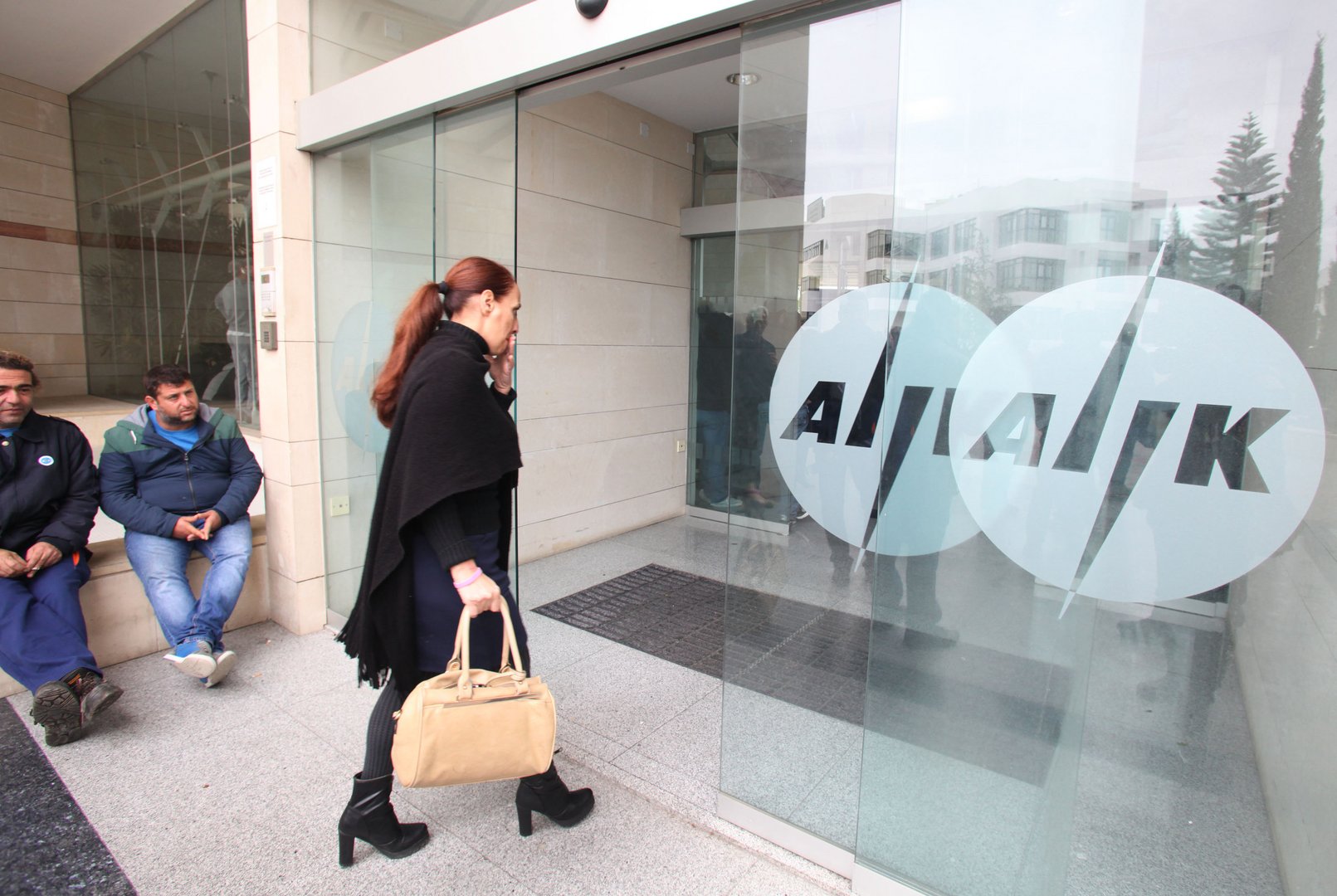In the end the EAC clarified that the increase in electricity rates will not be 25 per cent as it had initially been reported, but 6 per cent. The claim for a 25 per cent increase was submitted to regulatory authority CERA, for 2023, it was rejected and the EAC took the matter to court. For this year, the increase it was seeking was reportedly 10 per cent, while CERA proposed 6 per cent, which was endorsed by the authority’s board on Tuesday.
Such was the outcry when CERA spoke about the 25 per cent at the House on Monday that even President Christodoulides stepped in, asking the EAC chairman to withdraw the legal suit against CERA. It is unclear what will happen if the administrative court issues a decision in favour of the EAC in a year or two. Would it be able to recover the amount that it would have collected with the 25 per cent increase in 2023, through higher electricity rates in the future, or will it just be satisfied with legal vindication?
It is a big mess, with even the new chairman of the EAC, Giorgos Petrou, not knowing how the 6 per cent increase had been calculated. He told a radio show on Wednesday morning that the authority’s financial director would brief the board about this on Friday. At Tuesday’s board meeting, Energy Minister George Papanastasiou was also present to put across the government’s position against any rate increases, which would cause a public uproar.
The matter is further complicated by the fact that at the end of the month the subsidising of electricity bills by the state is set to expire and the government must consider whether the subsidy should be extended. The government spokesman said the “aim of the country’s energy programme was to provide citizens with cheap power so that we can face the expensiveness of energy,” while Papanastasiou suggested the EAC had reserves to fall back on in difficult times, before seeking “recovery of costs.”
So is the government expected to increase its borrowing substantially, given that it does not have the reserves to finance its development programme which includes the upgrade of the Dhekelia power station, improvement of its network, creation of substations etc. Rightly or wrongly, the practice is for the EAC to secure a 3 to 4 per cent return on its investments and this is incorporated into its pricing – recovery of cost plus a small return. It has always done that because it is a monopoly. Can it stop doing that now because the government does not want electricity rates to rise?
This would simply lead to a build-up of debts and depletion of its reserves. Last year, it took a €40m hit as part of the government’s effort to keep electricity bills under control. Can weakening of the EAC’s finances go on? The government will have to come up with the answers, which will not be easy, very soon.







Click here to change your cookie preferences